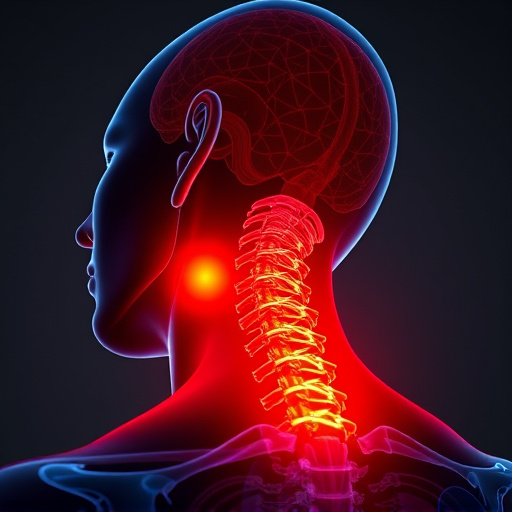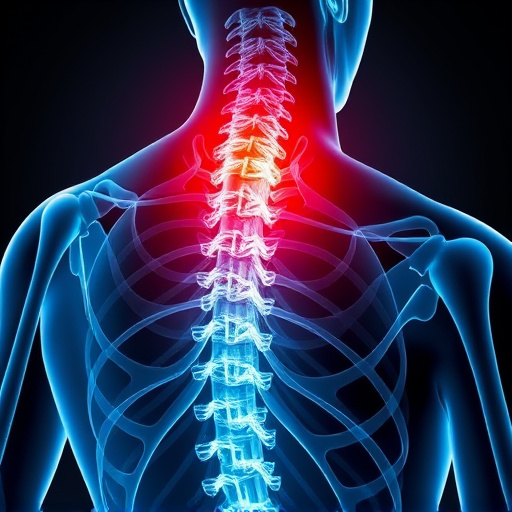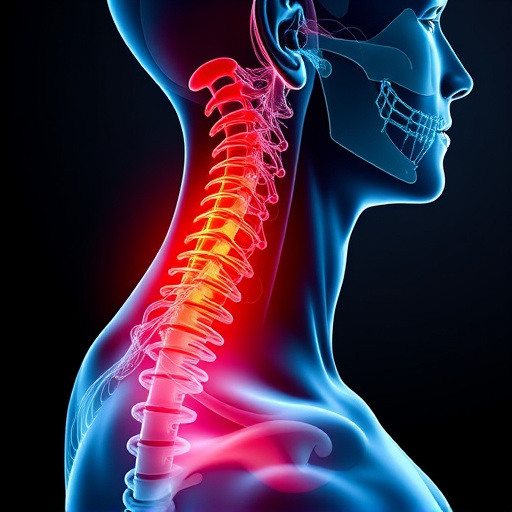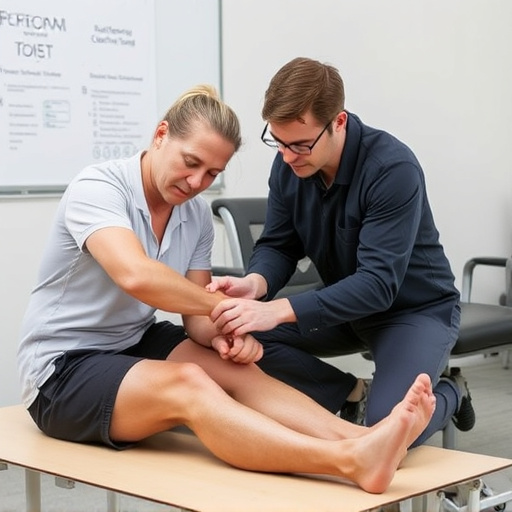Effective chronic pain management requires active engagement with healthcare providers, understanding diagnoses, and personalized treatment plans involving medications, therapy, or interventions. Specialists offer non-pharmacological techniques like rehabilitation, exercise, diet adjustments, stress reduction, and mindfulness to enhance quality of life. Setting realistic goals, considering previous treatments, and exploring alternatives like physical therapy or chiropractic care are crucial for successful chronic pain management.
Managing chronic pain can be complex, which is why consulting a specialist is crucial. This article guides you through essential questions to ask your chronic pain management specialist. From understanding your diagnosis and treatment plan to exploring non-pharmacological relief options and setting realistic expectations, these queries empower you to actively participate in your care. By the end, you’ll have a clearer path to managing your chronic pain effectively.
- Understanding Your Diagnosis and Treatment Plan
- Exploring Non-Pharmacological Pain Relief Options
- Setting Realistic Expectations and Goals
Understanding Your Diagnosis and Treatment Plan

Chronic pain management requires a clear understanding of your diagnosis and the treatment plan tailored for your specific needs. During your consultations, don’t hesitate to ask detailed questions about your condition. Understanding the underlying causes of your chronic pain, whether it stems from a sports injury treatment, musculoskeletal injuries, or auto accident recovery, is crucial. Inquiring about diagnostic tests, imaging results, and their interpretations will give you insights into the medical team’s findings.
Seek clarification on the treatment approach, including medications, physical therapy, injections, or other interventions. Knowing the rationale behind each recommended treatment can help alleviate concerns and ensure compliance. Regular communication ensures that any changes in your condition are promptly addressed, and adjustments to the treatment plan can be made as needed for optimal chronic pain management.
Exploring Non-Pharmacological Pain Relief Options

Chronic pain management specialists often go beyond medication to explore a variety of non-pharmacological pain relief options. These approaches focus on addressing the root causes and improving quality of life, rather than just masking symptoms. Techniques such as functional rehabilitation and physical therapy can be incredibly effective in providing back pain relief and mobility improvement for patients suffering from chronic conditions.
Specialists may also recommend lifestyle changes, like regular exercise tailored to individual needs, dietary adjustments, stress management techniques, and even mindfulness practices. These non-invasive methods can complement traditional treatments and offer lasting solutions for managing chronic pain. By exploring these options, individuals can discover a more holistic approach to their pain relief journey.
Setting Realistic Expectations and Goals

When managing chronic pain, setting realistic expectations and goals is paramount to a successful treatment journey. It’s essential to understand that relief is often a gradual process, and what works for someone else may not work for you. Your specialist should guide you in defining achievable milestones tailored to your unique situation, considering factors like previous treatments, lifestyle, and personal preferences.
This collaborative approach ensures that both you and your healthcare provider are aligned, fostering a sense of control and motivation. It’s also beneficial to discuss potential treatment options, such as physical therapy or chiropractic care, especially if recovering from an auto accident. These alternative modalities can complement traditional chronic pain management strategies, offering a more comprehensive and personalized approach to long-term relief.
When seeking effective chronic pain management, it’s essential to engage actively with your specialist. By understanding your diagnosis, exploring diverse treatment options, setting realistic goals, and maintaining open communication, you can navigate your journey towards improved quality of life. Remember, chronic pain is manageable, and with the right approach, significant relief is achievable.














